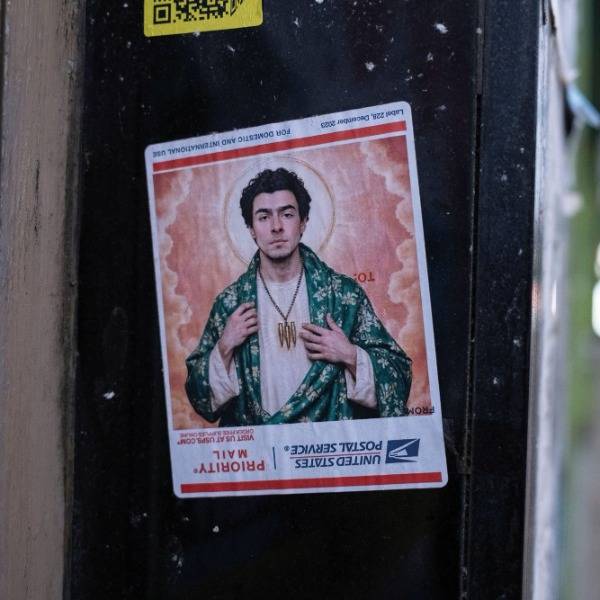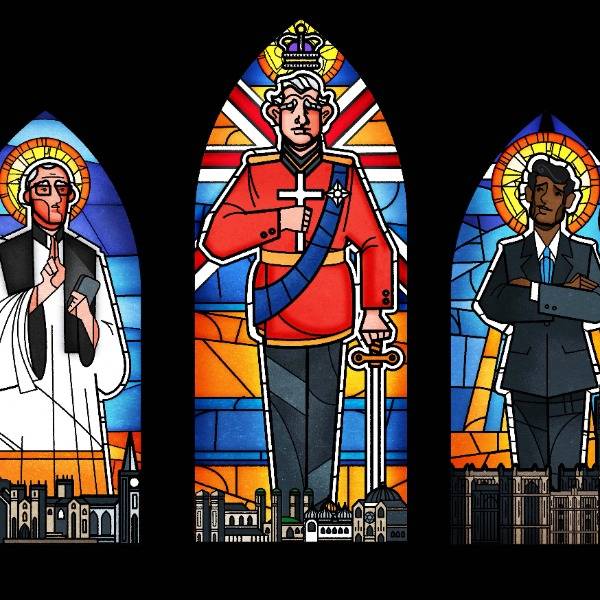This article appears in the Witness section of the Spring 2017 issue of the New Humanist. Subscribe today.
The Knights of Malta is an ancient Catholic order that dates back to the crusades and has enjoyed the privileges of a sovereign state for 900 years: it can issue its own stamps, passports and licence plates, and has diplomatic relations with 106 states, including the Vatican. Founded in Jerusalem in 1048, this lay order was founded to provide medical aid for pilgrims in the Holy Land. Today, it has 13,500 members and 100,000 staff and volunteers who provide healthcare in hospitals and clinics around the world.
The order hit the headlines in December and January, after a highly public spat with Pope Francis, seen as part of a wider battle in the Vatican between liberals and the conservatives who oppose the Pope’s reformist agenda. To cut a long story short, the Pope demanded the resignation of the order’s Grand Master, Matthew Festing. After a tense stand-off and accusations that the Pope was intervening in the affairs of a sovereign state, Festing did step down. This made him the first leader in several centuries to do so. Usually, leaders serve until their death.
But why Malta? The Knights of Malta are based in Rome, where events have been watched like a soap opera. The order once had its base in Malta, but was expelled by Napoleon in 1798. Its origins in Malta speak to the historic dominance of Catholicism in the small European state. The population remains overwhelmingly Catholic (around 98 per cent), and polls indicate that it has one of the highest levels of religious observance in the EU. Abortion is illegal in all circumstances. Malta was the last European country, excluding the Vatican, to introduce divorce – and this happened only after a 2011 referendum. Vilifying religion was a crime until 2016, a law that was used actively.
The repeal of this blasphemy law happened in part due to the committed activism of the Malta Humanist Society, launched in 2010. Founding member Raphael Vassallo said the organisation was perturbed “that ‘Malteseness’ may somehow be equated with ‘Catholicism’”. Its chair, Ramon Casha, campaigned tirelessly for the separation of church and state, for freedom of expression, evidence-based law on soft drugs and sexual and reproductive rights. He played an active role in the campaign to allow divorce. As well as campaigning on humanist issues, Casha championed broader civil rights causes, including homelessness and refugees. He died in January aged 47, due to complications resulting from a road accident.
“Ramon was a true pioneer, working on civil rights issues at a fast-moving time in Maltese politics, against an entrenched opposition and conservative social taboos,” said Andrew Copson, chief executive of the British Humanist Association. “He was extremely generous with his time and energy, as evidenced by his commitment to so many causes. Any humanist or civil rights organisation would be lucky to have leaders and activists as generous and committed.”
Casha played a key role in recent efforts in Malta to move the country away from religious traditionalism and towards progressive, secular policies. Free-thinkers in Malta and beyond will miss him immensely.

